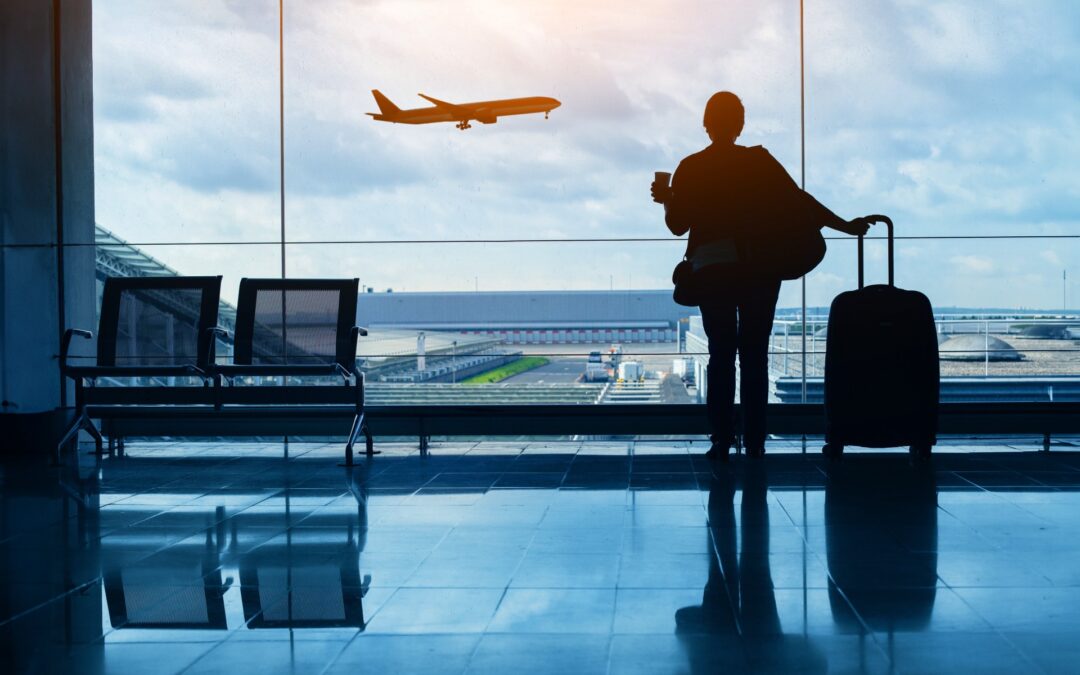Business owners, executives and employees are hitting the road, rails and skies at levels that haven’t been seen since before the pandemic. The extent to which business travel expenses can be deducted depends on a variety of factors.
Taxpayers who can deduct business travel
Self-employed people may deduct business travel expenses on Schedule C. But through 2025, employees aren’t permitted to deduct unreimbursed business expenses, including travel expenses. This is due to the Tax Cuts and Jobs Act (TCJA) suspension of miscellaneous itemized deductions subject to the 2% of adjusted gross income floor.
Businesses may deduct employees’ travel expenses to the extent that they provide advances or reimbursements to employees or pay the expenses directly. Advances or reimbursements are excluded from the employees’ wages (and, therefore, aren’t subject to income or payroll taxes) if they’re made according to an “accountable plan,” which must comply with a variety of rules.
The importance of the “tax home”
Another requirement for the business travel deduction is that the travel must be away from the person’s “tax home.” This isn’t necessarily the place where someone maintains a family home. Rather, it refers to the city or general area where the person’s main place of business is located.
Generally, someone is considered to be traveling away from home if his or her duties require being away for substantially longer than an ordinary day’s work and the person needs to get sleep or rest to meet work demands while away. This includes temporary work assignments. However, travel expenses in connection with an indefinite work assignment (that is, more than a year) or one that’s realistically expected to last more than a year can’t be deducted.
Types of deductible business travel expenses
When the other applicable requirements are met, ordinary and necessary expenses of business-related travel are deductible. “Ordinary” means common and accepted in the business’s industry. “Necessary” means helpful and appropriate for the business. Expenses aren’t deductible if they’re for personal purposes, or if they’re lavish or extravagant (unless the expense was reasonable under the circumstances).
Commonly deductible travel expenses include (but aren’t limited to):
- Air, train or bus fare to the business destination, plus baggage fees,
- Car rental expenses or the cost of using a personal or company vehicle (actual costs or the standard business mileage rate, which is 67 cents per mile for 2024), plus tolls and parking,
- Transportation while at the business destination, such as taxis or ride shares between the airport and hotel and to and from work locations,
- Lodging, and
- Meals (generally 50% deductible).
Tips paid in relation to these expenses are also generally deductible.
Related Article: What types of expenses can’t be written off by your business?
Keep good records
To be deductible, travel expenses also must be properly substantiated — typically with receipts, canceled checks or bills that show the amount, date, place and nature of each expense. Receipts aren’t required for nonlodging expenses less than $75, though these expenses must still be documented in an expense report.
For lodging and meal and incidental expenses (M&IE) — such as small fees or tips — employers can use the alternative per-diem method to simplify expense tracking. Self-employed individuals can use this method for M&IE, but not for lodging.
Under this method, taxpayers use the federal lodging and M&IE per-diem rates for the travel destination to determine reimbursement or deduction amounts. This avoids the need to keep receipts to substantiate the actual cost. However, it’s still necessary to document the time, place and nature of the expense.
To make things even simpler, the optional high-low substantiation method allows a taxpayer to use two per-diem rates for all business travel: One for designated high-cost localities and a lower rate for all other localities.
It’s complicated
As you can see, the rules surrounding deductions for business travel are complex. There are also special rules for international travel and travel that includes a spouse or other family members, as well as for travel that mixes business with pleasure. Don’t hesitate to contact us with any questions you may have about the tax treatment of business travel expenses.
